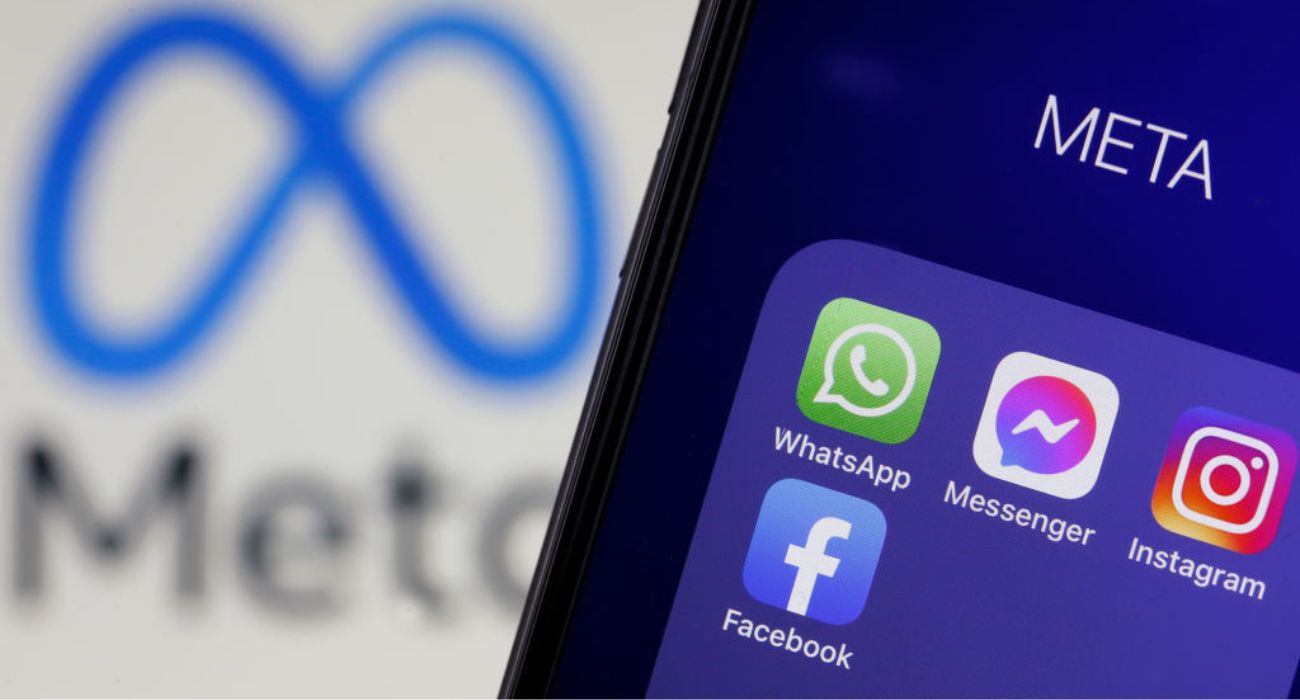According to a Wall Street Journal report, NFTs appear to be declining in popularity.
An NFT, which stands for “non-fungible token,” refers to a wide variety of items, including artwork, screenshots, music, and video files sold online. Every NFT has a record of ownership included, like the provenance of a painting, that proves its authenticity and ownership.
NFTs are purchased through specific platforms designed to connect buyers and sellers, such as OpenSEA. They are purchased using Ethereum, a cryptocurrency similar to Bitcoin.
As of this week, sales of NFTs on an average day were approximately 19,000. Compared to their peak last September, when an average of 225,000 NFTs were sold daily, this week’s sales signify a 92% decline.
The number of NFTs in active use has fallen 88%, coming in at 14,000 last week from a peak of 119,000 in November.
The average sale price of an NFT has fallen 70% since January, when the average sale price was $6,800. Now the average sale price is less than $2,000.
One of the most famous NFTs, a screenshot of the first Tweet ever written by Twitter co-founder Jack Dorsey, was sold in March 2021 for $2.9 million to Sina Estavi, the chief executive of Malaysia-based blockchain company Bridge Oracle.
Estavi put the NFT up for auction earlier this year and did not receive bids above $14,000. He did not go through with the sale.
Still, the Bridge Oracle CEO said the failure of his auction is not a sign that the market is declining but a normal fluctuation that could occur in any market. He said the NFT market is not finished developing, and it is impossible to predict how it will look in a few years.
“I will never regret buying it because this NFT is my capital,” he said.
In early April, another NFT buyer purchased a Snoop Dogg curated NFT, titled “Doggy #4292,” for about $32,000. That NFT is now up for auction, with an asking price of $25.5 million. The highest current bid is about $210.
According to Financial Samurai’s Sam Dogen, there are multiple reasons believed to be responsible for the collapse, which came after Google searches for NFTs exploded in November, eclipsing searches for cryptocurrencies late last year.
First, Dogen wrote, many financial markets are declining, including the stock market, currency trading markets, and others. As NFTs are still a relatively new and riskier investment, consumers are less likely to maintain their holdings.
Secondly, increased regulation by the SEC has led many potential buyers to decide that it simply is not worth it as an investment strategy.
The third primary reason is that, as interest in NFTs rose, more people lost money on them. Thus prices are beginning to tumble, resulting in significant declines, Dogen explained.
However, many websites in the crypto sector have vehemently denied that any such decline is taking place. Many articles defending the health of the NFT market have already been written in response to The Wall Street Journal report.
Cointelegraph wrote that the WSJ’s report was based on information from NonFungible.com, whose numbers are disputed by Dune Analytics, a blockchain-based rival analytics company. The editorial claimed that OpenSea, the largest NFT marketplace currently operating, saw $550 million worth of transactions processed last Sunday alone.
Tom Schmidt, an investor at the venture capital firm Dragonfly Capital, tweeted at The Wall Street Journal.
“The @WSJ just published an article claiming that NFT transactions are flatlining, which appears to be totally based on incorrect data from http://Nonfungible.com (compare with on-chain @DuneAnalytics data). Did no one bother to check primary sources? Also, why not $ volume?”
The @WSJ just published an article claiming that NFT transactions are flatlining, which appears to be totally based on incorrect data from https://t.co/LFpkjZGBiI (compare with on-chain @DuneAnalytics data). Did no one bother to check primary sources? Also why not $ volume? pic.twitter.com/WRBw1eChaz
— Tom Schmidt >|< (@tomhschmidt) May 3, 2022
Only time will tell if the NFT market is here to stay or is on its way out.







As PT Barnum said, “A sucker is born every minute'”